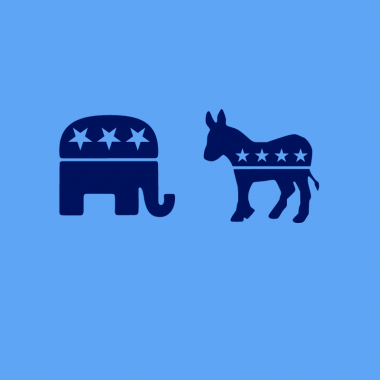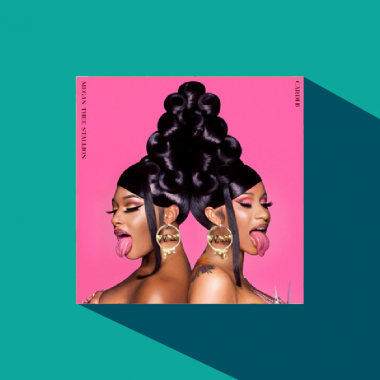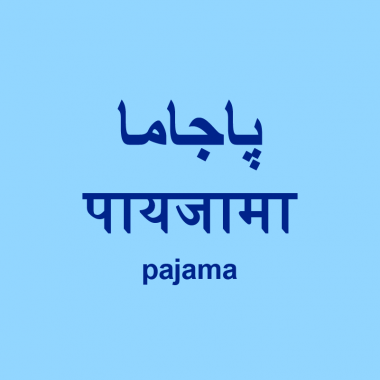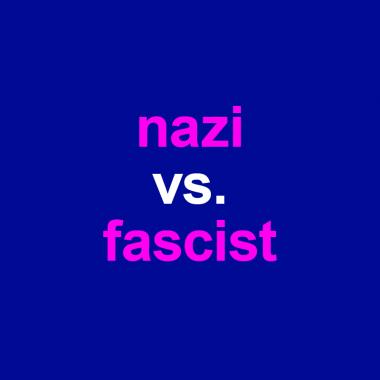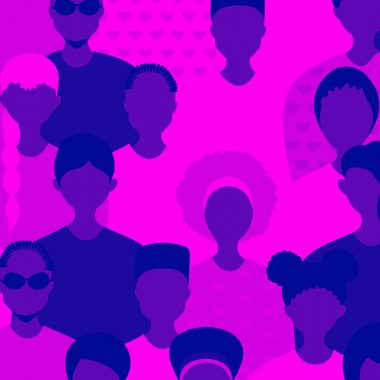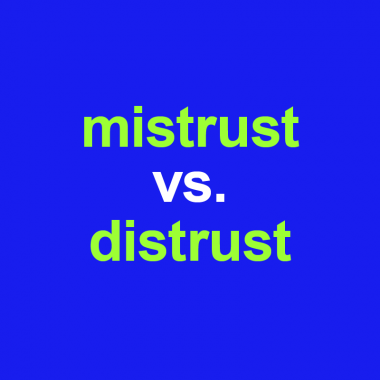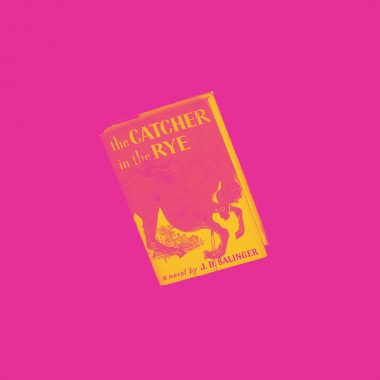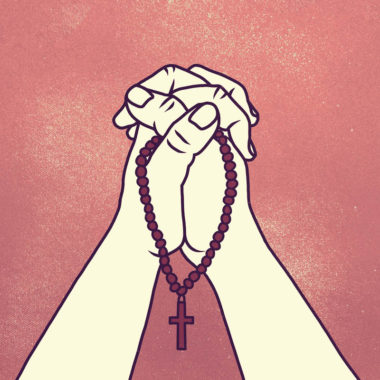“Democrat” vs. “Republican”: Where Did The Parties Get Their Names?
In the United States, the words Democrat and Republican are used to refer to members of the two major American political parties: the Democratic Party and the Republican Party. The general, lowercase senses of the English words democratic and republican actually have long, complex histories that go far beyond red and blue states or donkeys and elephants. Let’s take a closer look at where these …
